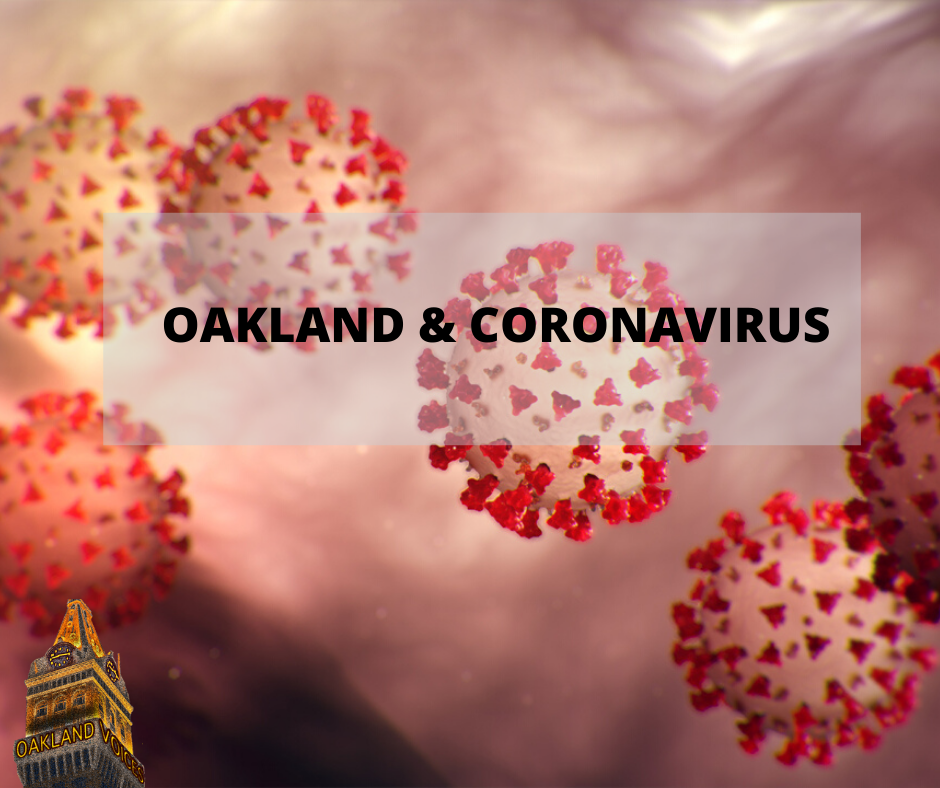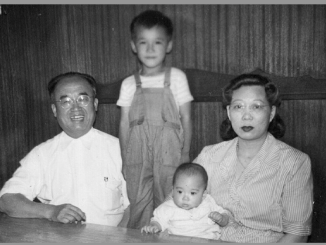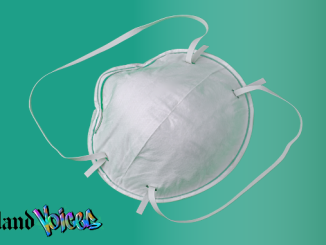
Trigger Warner: Sexual Harassment, Abuse, and Predatory Behavior
He came under the guise of being a leader, a muse, and a mentor. Then came a barrage of accusations of misconduct, abuse, and inappropriate behavior. A number of reports on Instagram accounts from artists in Oakland and other cities throughout the Bay Area posted in community solidarity to say they would no longer support this well-known artist in the community.
Survivors of harassment and abuse, along with the community closest to them, started to ask questions: How are we going to move forward to deal with other predators? How do we find out this is happening before it gets to the explosive point? How can we protect our community from being abused? They decided in a time of #MeToo and #TimesUp that they would not tolerate this any longer.
Accused abusers called out in Bay Area artistic communities
The name is interchangeable. The “He” represents a number of accused perpetrators who have been called into accountability within some Bay Area artist communities.
On the national scale, the world has witnessed R. Kelly, who was arrested for the well-known secret following the docuseries Surviving R. Kelly. The people around him were aware and accused of being complicit. There have been stories revealing what goes on within the Silicon Valley tech industry. Harvey Weinstein was charged February 2020 for five felonies of rape. There are numerous others that have appeared in the news.
The Bay Area’s local creative spaces such as writing salons, poetry reads, and even graffiti artists are no stranger to experiencing harassment, abuse, and assault. The artists themselves write and often share very vulnerable material, giving those in the community a false sense of it being a safe haven.
Artist communities have moved to online platforms using Instagram Live, open mics, and Zoom events such as Speak On It to stay connected with their craft. These tools that have been used to advertise poetry reads and artist showcase events, and now have recently been utilized for “calling in.” The term “calling out” refers to letting the accused know that someone is aware of their behavior and demands them to stop what they’re doing.
Calling in is a different approach. To call someone in is giving the accused the opportunity to listen to why they are being accused and guide them through changing their behaviors while ensuring the survivors of the abuse are supported. The idea is to remove the feelings of isolation when accusations come out.
A number of people throughout the Bay Area artists community people have come forward renouncing their support via social media accounts and statements denouncing support of men accused of gaslighting women, physical abuse, abuse of power with women, plagiarism, unprofessionalism, and inappropriate behavior with minors that may have gotten them fired from employment. By calling the individual in, they have asked the individual to take responsibility for their behaviors in a way that has more compassion than with “calling out”.
The challenge of accountability for abusers
However, when accusations about behaviors are not illegal, it’s harder for people to come together. For example, gaslighting is when a person mentally manipulates another person into questioning their own sanity. While gaslighting is not illegal, it’s unethical, an abuse of power, and does harm to another person.
The difficulty is identifying direct abuse of power when it is not explicitly sexual. While the acts are egregious to the survivors, the response of the community has been slow, if at all. “As a community, we have a different definition of harm or abuse,” Alexandria Jones, host of podcast Chit Chat with AllieCat, said. “Mental and emotional abuse is damaging. And people think it’s just physical.”
“I wonder what it would look like if we reframed the connotations behind the call out and saw it as an act of love, a tool to bring awareness to unfairness and a moment that could open up a larger dialogue about what community care could look like for all of us.”
Adrienne Maree Brown
There’s also an assumed ethical integrity because people are artists sharing vulnerabilities and stories. “We’ve had this assumption of being mindful and being on the same page but we’re not,” Jones said.
In one such effort, various members of the poetry community coordinated efforts on their Instagram (IG) accounts, calling in the accused and supporting survivors while simultaneously emphasizing care for the individual emotions. These are not celebrity public relations statements, but rather people who are attempting to make sense of how to save their refuges. The response was supportive to the survivors with a follow up of support groups, GoFundMe accounts, and encouragement.
“There is no blueprint for any of this” begins one IG story from Maud Alcorn, co-creator for Gold Beams Second Mondays and author of Black Girl Flesh. The story continued with, “If you truly see a resolution and communal shift and growth through this moment, centering those harmed should be at the forefront of your mind.”
Acts of Restorative Justice
What happens now? Continued acts of restorative justice, more IG posts denouncing the accused, potentially survivors feeling more confident in coming forward, more predators being called, out and the community of artists asking one another to continue caring for each other.
“I wonder what it would look like if we reframed the connotations behind the call out and saw it as an act of love, a tool to bring awareness to unfairness and a moment that could open up a larger dialogue about what community care could look like for all of us?” asked Adrienne Maree Brown, author of Pleasure Activism: The Politics of Feeling Good, on an Instagram post.
Currently, Oakland’s artist communities are learning what to do next. Much like on the national platform, there is still work to be done and some time to determine if “calling In” is the solution for safety.
Brandy Collins is a writer and public services advocate born and raised in the Bay Area. She is a 2019-2020 cohort graduate from Oakland Voices, a blogger, and the funny one in numerous group chats. She is concerned with civic engagement and leadership development toward making public works more efficient for the people. Brandy is full of Scorpio magic and self-proclaimed Professional Aunty. Follow her on Twitter @msbrandycollins or Instagram @story_soul_collecter.




Be the first to comment